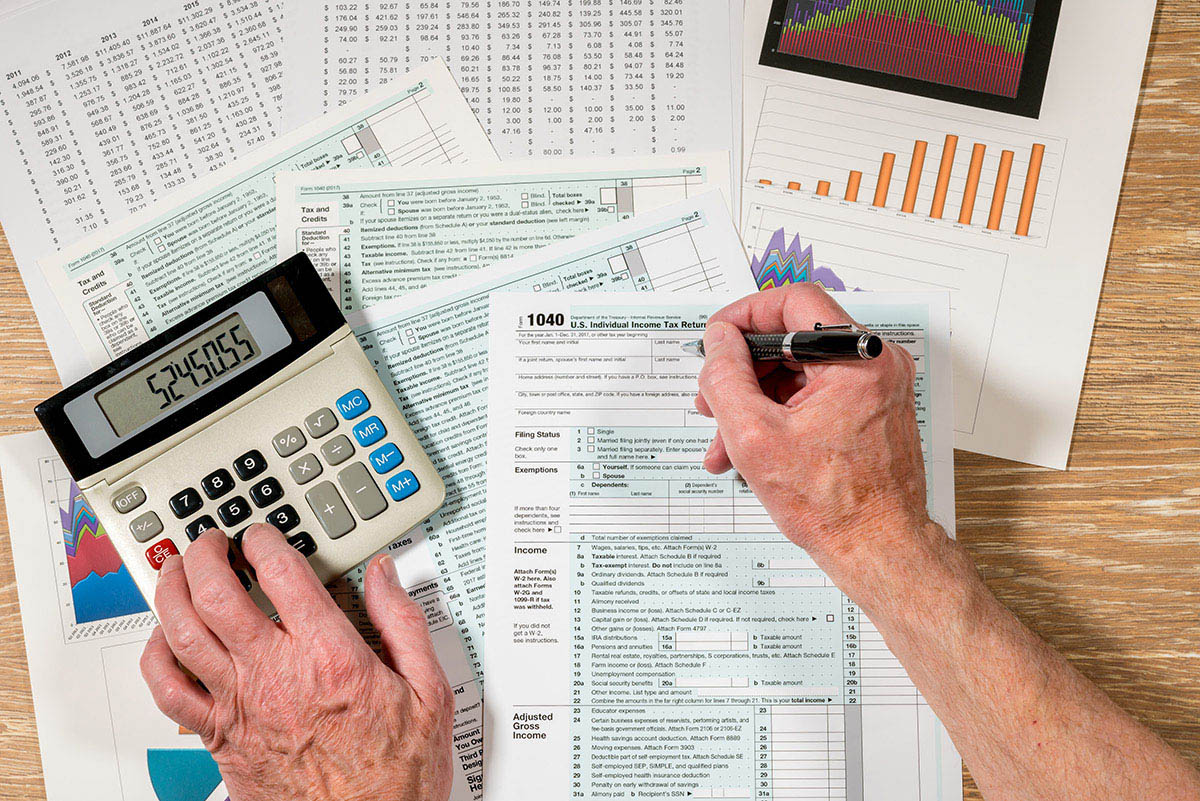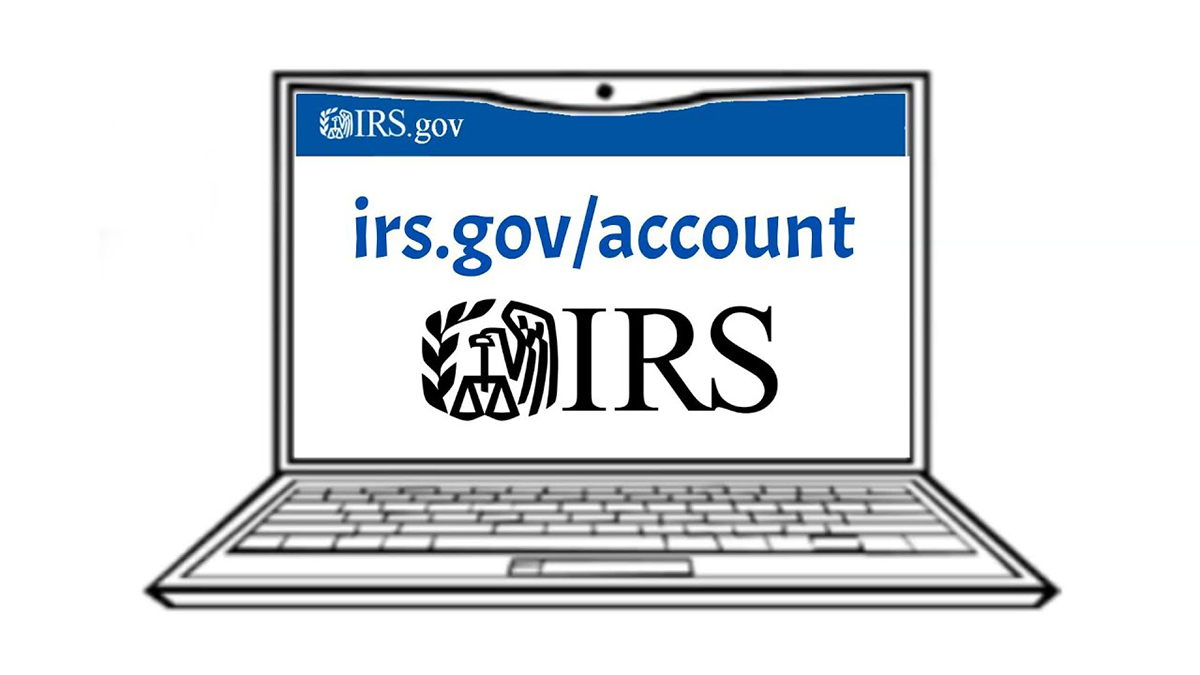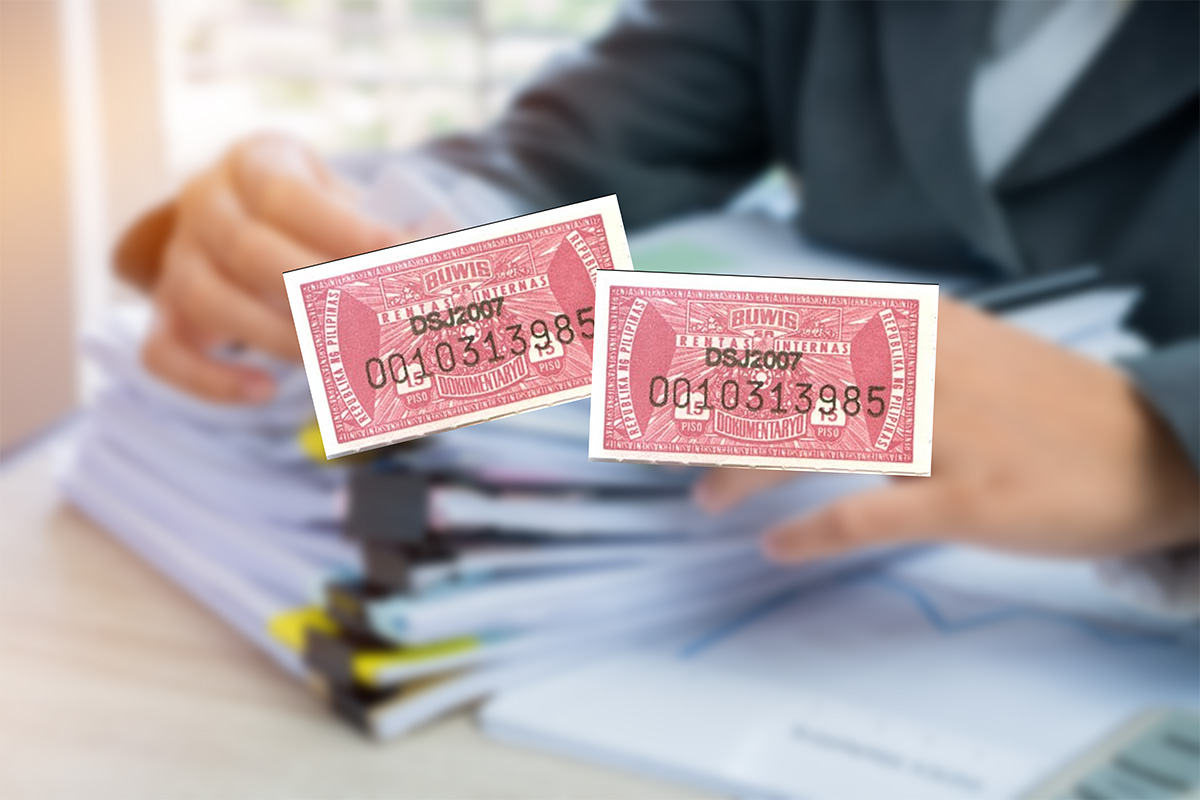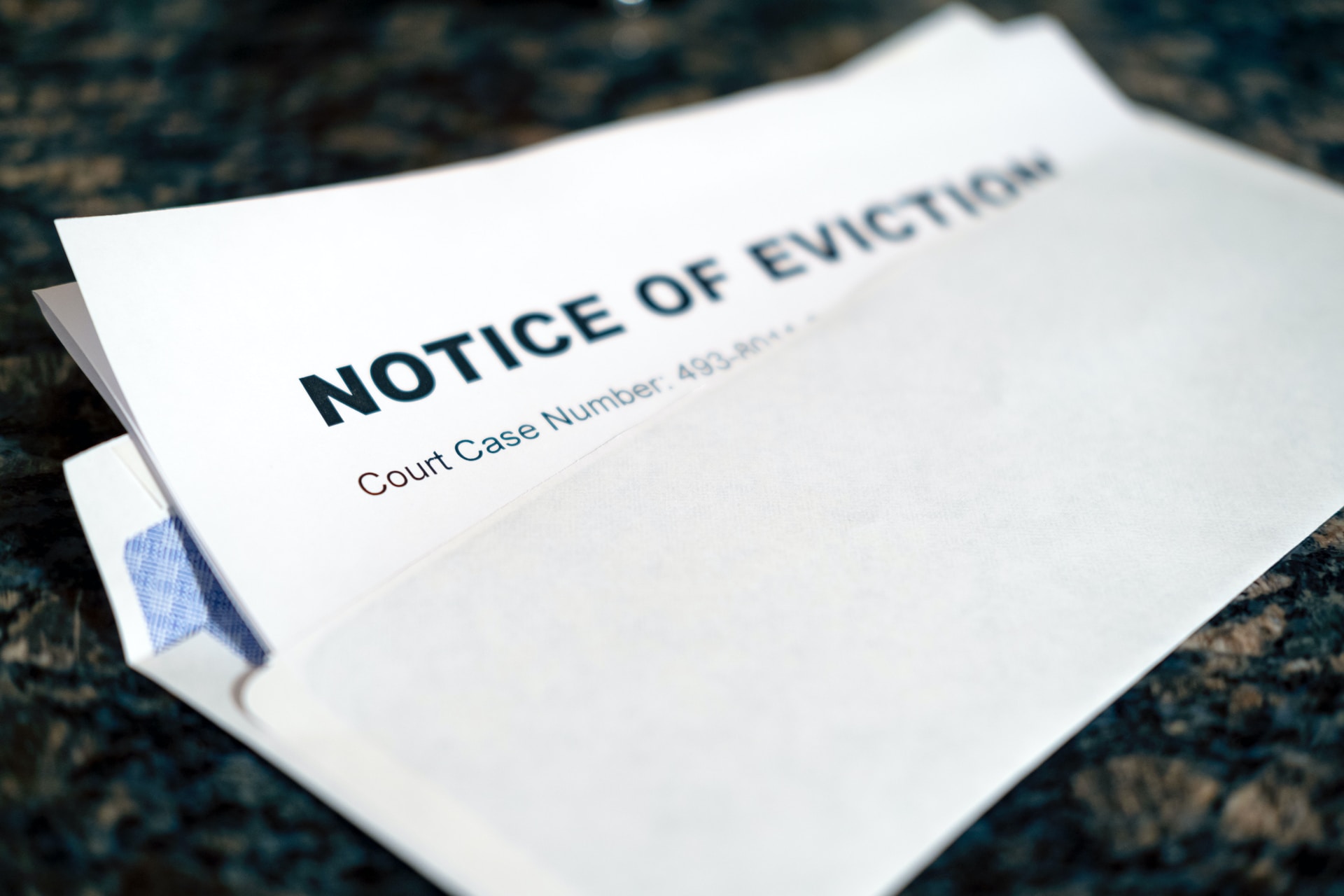

Finance
How To Amend Massachusetts Tax Return
Published: October 28, 2023
Learn how to amend your Massachusetts tax return and ensure your finances are accurately reported. Find step-by-step instructions and expert advice for a smooth process.
(Many of the links in this article redirect to a specific reviewed product. Your purchase of these products through affiliate links helps to generate commission for LiveWell, at no extra cost. Learn more)
Table of Contents
- Introduction
- Understanding Massachusetts Tax Returns
- Reasons to Amend Massachusetts Tax Returns
- Gathering Required Documentation
- Filing Process for Amending Massachusetts Tax Returns
- Common Errors to Avoid
- Timelines and Deadlines for Amending Massachusetts Tax Returns
- Seeking Professional Assistance
- Conclusion
Introduction
Welcome to our comprehensive guide on how to amend your Massachusetts tax return. Tax returns are an essential part of every individual’s financial responsibilities. However, sometimes mistakes or changes to your financial situation require you to correct or update information on a previously filed return. In Massachusetts, just like in other states, the process of amending your tax return is relatively straightforward but requires attention to detail.
In this article, we will walk you through the process of amending your Massachusetts tax return, including understanding the reasons for amendments, gathering the necessary documentation, navigating the filing process, and avoiding common errors. By following the steps outlined here, you can ensure that your amended tax return is accurate, complete, and meets all the necessary requirements of the Massachusetts Department of Revenue.
Before we delve into the details, it’s important to note that if you are unsure about the accuracy or completeness of your original tax return, it’s always a good idea to consult with a tax professional or seek assistance from the Massachusetts Department of Revenue. They can provide guidance tailored to your specific situation and help you navigate the amendment process with ease.
Now, let’s dive into the specifics of amending your Massachusetts tax return and equip you with the knowledge and tools needed to successfully update your tax filing.
Understanding Massachusetts Tax Returns
Before we delve into the process of amending your Massachusetts tax return, it’s crucial to have a solid understanding of how the state’s tax system works. Massachusetts follows a progressive income tax system, which means that individuals with higher incomes pay a higher tax rate. The tax rates range from 5.0% to 5.3% based on income brackets.
When filing your original tax return in Massachusetts, you will report your income, deductions, credits, and any other relevant information on the Massachusetts Resident Income Tax Return (Form 1). This form is used to determine your state tax liability and is to be filed by April 15th, or the next business day if April 15th falls on a weekend or holiday.
It’s important to note that any changes you need to make to your original tax return must be done using a separate form called the Massachusetts Amended Individual Income Tax Return (Form 1X). This form allows you to make corrections, provide additional information, or update any necessary details in your original filing.
Now that we have a basic understanding of how Massachusetts tax returns work, let’s move on to the reasons why you might need to amend your return.
Reasons to Amend Massachusetts Tax Returns
There are several common reasons why you may need to amend your Massachusetts tax return. It’s important to identify the specific circumstances that require an amendment to ensure your tax filing remains accurate and up to date.
One common reason for amending a tax return is the discovery of errors or omissions in the original filing. This could include incorrect reporting of income, deductions, or credits. It’s crucial to rectify these mistakes promptly to avoid any potential penalties or audits in the future.
Another reason for amending a tax return is a change in your filing status or dependency exemptions. Perhaps you got married or divorced, had a child, or experienced a change in your dependents’ status. These changes can have a significant impact on your tax liability, and it’s essential to update your return accordingly.
If you receive updated or corrected tax documents, such as a W-2 or 1099 form, after you have already filed your original return, you will need to amend your tax return to include the accurate information from these documents.
In some cases, you may discover that you are eligible for additional deductions, credits, or exemptions that were not claimed in your original filing. By amending your tax return, you can take advantage of these opportunities and potentially reduce your overall tax liability.
It’s also worth noting that certain changes to federal tax returns may require an amendment to your Massachusetts tax return as well. For example, if you amend your federal return due to changes in your income or deductions, you will likely need to reflect those changes on your Massachusetts return as well.
Whatever the reason may be, it’s crucial to amend your Massachusetts tax return promptly to ensure your tax filing remains accurate and in compliance with state guidelines. Now that we understand the reasons for amending a tax return, let’s move on to the next step – gathering the required documentation.
Gathering Required Documentation
When amending your Massachusetts tax return, it is important to gather all the necessary documentation to support the changes you are making. Having the proper documentation readily available will make the amendment process smoother and help you accurately update your tax return.
Here are some key documents you may need for amending your Massachusetts tax return:
- Original Tax Return: Retrieve a copy of your original Massachusetts Resident Income Tax Return (Form 1) to reference the information you initially reported.
- Form 1X: Obtain a copy of the Massachusetts Amended Individual Income Tax Return (Form 1X) from the Massachusetts Department of Revenue website or your tax software provider.
- Supporting Documentation: Collect any supporting documents that are relevant to the changes you are making on your amended return. This could include updated or corrected W-2 forms, 1099 forms, receipts, or any other documentation that demonstrates the changes you are making.
- Income Documents: Gather all income-related documents, such as pay stubs, self-employment income records, investment income statements, and any other relevant income documentation.
- Deduction and Credit Documents: Compile documents that support your deductions and credits, including receipts for qualifying expenses, mortgage interest statements, education expense records, and any other documentation that substantiates your claims.
- Federal Tax Return: If you made changes to your federal tax return that also affect your Massachusetts tax return, have a copy of your amended federal return and related documentation available.
By gathering these documents ahead of time, you will have all the necessary information at your disposal when amending your Massachusetts tax return. This will help ensure that your amended return is accurate and complete.
Now that you have gathered the required documentation, let’s move on to the next step – understanding the filing process for amending your Massachusetts tax return.
Filing Process for Amending Massachusetts Tax Returns
Once you have gathered all the necessary documentation, you can begin the process of filing an amended Massachusetts tax return. Here is a step-by-step guide to help you navigate the filing process smoothly:
- Obtain Form 1X: Download the Massachusetts Amended Individual Income Tax Return (Form 1X) from the Massachusetts Department of Revenue website or obtain a copy from your tax software provider.
- Complete the Form: Fill out the Form 1X with your updated information. Provide accurate details of the changes you are making, including any adjustments to income, deductions, credits, or personal information.
- Attach Supporting Documents: Include copies of any supporting documentation that validate the changes you are making to your tax return. This may include updated or corrected W-2 forms, 1099 forms, receipts, or any other relevant documentation.
- Calculate and Enter the Changes: Compute the impact of the changes you are making and enter the appropriate figures on the Form 1X. Be sure to double-check your calculations to ensure accuracy.
- Explain the Changes: Provide a clear and concise explanation of the changes you are making on the Form 1X. This helps the Massachusetts Department of Revenue understand the reasons behind the amendment.
- Sign and Date the Form: Make sure to sign and date the Form 1X. If you are filing a joint return, both you and your spouse must sign and date the form.
- Submit the Amended Return: Mail the completed Form 1X and any attachments to the Massachusetts Department of Revenue at the address provided on the form. It is recommended to send the amended return via certified mail to ensure its safe delivery.
It is important to note that if you previously filed your original tax return electronically, you must still file the amended return by mail. Massachusetts does not currently offer the option to electronically file amended returns.
After submitting your amended return, it is advisable to keep a copy of the Form 1X and all supporting documentation for your records. This will help you reconcile any discrepancies and address any inquiries from the Massachusetts Department of Revenue, if necessary.
Now that you understand the filing process for amending your Massachusetts tax return, let’s explore some common errors to avoid during this process.
Common Errors to Avoid
When amending your Massachusetts tax return, it’s essential to be mindful of potential errors that could delay the processing of your amended return or lead to further complications. Here are some common errors to avoid:
- Mathematical Errors: Double-check all calculations and ensure that your figures are accurate. Even minor mathematical errors can have significant implications for your amended return.
- Failure to Include Supporting Documentation: Be sure to include all necessary supporting documentation that validates the changes you are making. Failing to provide supporting documents can result in a delay in processing your amended return.
- Forgetting to Sign and Date: Don’t forget to sign and date your amended return. Unsigned returns are considered incomplete and may be rejected by the Massachusetts Department of Revenue.
- Not Explaining Changes: Clearly explain the changes you are making on the amended return. Providing a succinct explanation helps the Department of Revenue understand the reasons behind the changes and reduces the likelihood of additional inquiries or audits.
- Incorrectly Amending Federal Return: If you made changes to your federal tax return that also affect your Massachusetts return, be sure to align the amendments correctly. Any changes to your federal return may require corresponding changes to your Massachusetts return.
- Mailing the Amended Return to the Wrong Address: Ensure that you mail your amended return to the correct address specified on the Form 1X. Using the wrong address can lead to delays or misplacement of your amended return.
By avoiding these common errors, you can improve the accuracy and efficiency of the amendment process. Remember to take your time, double-check all information, and seek professional assistance if you are unsure about any aspect of the amendment.
Now, let’s move on to understanding the timelines and deadlines for amending your Massachusetts tax return.
Timelines and Deadlines for Amending Massachusetts Tax Returns
It’s crucial to be aware of the timelines and deadlines associated with amending your Massachusetts tax return to ensure that you file your amended return in a timely manner. Here are the key factors to consider:
Deadline for Amending: In Massachusetts, you have three years from the original due date of your tax return or the date you filed your original return (whichever is later) to amend your tax return. For example, if your tax return was due on April 15, 2021, you have until April 15, 2024, to file an amendment.
Original Return Due Date: The original due date for filing your Massachusetts tax return is typically April 15th of each year. If April 15th falls on a weekend or holiday, the deadline is extended to the next business day.
Processing Time: The processing time for amended Massachusetts tax returns varies and can take several weeks or even months. The Department of Revenue advises taxpayers to allow at least 12 weeks for processing. You can check the status of your amended return using the Department of Revenue’s online tracking tool.
Payment Deadlines: If your amended return reflects an additional tax liability, it’s important to make payment as soon as possible to avoid any penalties or interest charges. If payment is made after the original due date, interest may accrue from the original due date until the tax is paid in full.
It’s important to note that while there is no statute of limitations for claiming a refund on amended returns, there is a three-year timeframe to claim a refund from the original due date of the tax return or two years from the date you paid the tax, whichever is later.
Given the timelines involved, it’s advisable to file your amended return as soon as you identify the need for correction or update. Promptly addressing any errors or changes will help ensure that you meet all necessary deadlines and avoid any potential penalties or complications.
Now that you have a good understanding of the timelines and deadlines for amending your Massachusetts tax return, let’s explore the option of seeking professional assistance.
Seeking Professional Assistance
Amending your Massachusetts tax return can be a complex process, especially if you have multiple changes or if you are unsure about the correct way to make amendments. In such cases, seeking professional assistance can provide valuable guidance and ensure that your amended return is accurate and compliant with state regulations.
Here are some situations where it may be beneficial to seek professional assistance:
- Complicated Changes: If you have significant changes to make, such as amendments to multiple years, adjustments to business income, or complex deductions and credits, a tax professional can help navigate the intricacies of the process.
- Uncertainty or Confusion: If you are uncertain about how to correctly amend your return or if you have questions regarding the documentation or calculations involved, seeking professional advice can provide peace of mind and ensure accuracy.
- Time Constraints: If you are short on time or have a busy schedule, engaging a tax professional can save you valuable time and effort by handling the amendment process on your behalf.
- Audit or Compliance Concerns: If you are concerned about potential audits or compliance issues, a tax professional can review your situation, identify any red flags, and help you navigate the amendment process to minimize compliance risks.
When seeking professional assistance, consider engaging a certified public accountant (CPA), an enrolled agent (EA), or a reputable tax preparation service with expertise in Massachusetts tax laws. They can provide personalized guidance based on your specific circumstances and ensure that your amended return is filed accurately and promptly.
Keep in mind that professional assistance may come at a cost, so it’s important to consider the value it offers compared to your specific needs and circumstances. In many cases, the benefits of expert advice and peace of mind outweigh the associated fees.
Now that you understand the option of seeking professional assistance, let’s wrap up our guide on amending Massachusetts tax returns.
Conclusion
Amending your Massachusetts tax return may seem daunting, but with the right knowledge and approach, it can be a straightforward process. Understanding the reasons for amending, gathering the required documentation, following the filing process accurately, and avoiding common errors are essential for a successful amendment. Additionally, being aware of the timelines and deadlines helps ensure that you file your amended return in a timely manner.
While amending your tax return can be done independently, seeking professional assistance is an option worth considering, especially if you have complex changes or uncertainties. Professionals can offer guidance, ensure accuracy, and help navigate any audit or compliance concerns you may have.
Remember, amending your tax return is an important step in ensuring the accuracy of your financial records and meeting your tax obligations. By taking the time to review and correct any mistakes or changes, you can avoid potential penalties and maintain your compliance with the Massachusetts Department of Revenue.
We hope this guide has provided you with valuable insights and a clear understanding of the process involved in amending your Massachusetts tax return. By following the steps outlined here and seeking assistance when needed, you can successfully update your tax obligations and remain in good standing with the state’s tax authorities.














